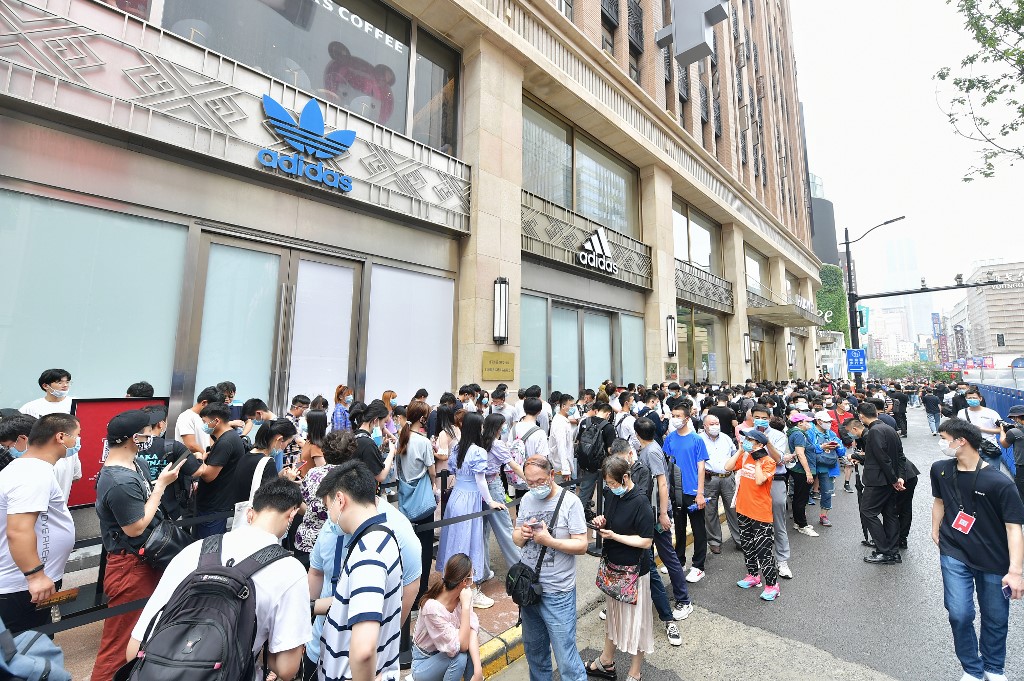(ATF) Asian markets were broadly firm on Friday amid growing expectation that countries will not necessarily reimpose lockdowns even if they endure a spike in coronavirus infections.
The US reported its highest single day tally of coronavirus cases on Thursday but it did not deter Wall Street from finishing higher – the Dow Jones Industrial Average added 1.18%, while the S&P 500 advanced 1.10% and the Nasdaq Composite rose 1.09%.
Markets were boosted by regulatory changes in which the Federal Reserve modified the Volcker rule that prohibits banking entities investing in or sponsoring hedge funds or private equity funds. But it also required large banks to preserve capital by suspending share repurchases, capping dividend payments, while releasing results of stress tests for 2020.
Asian share indexes are higher this morning with the Nikkei 225 adding 0.9%, Australia’s S&P ASX 200 up 0.8% and China’s stock benchmark CSI300 higher by 0.42%. But Hong Kong’s Hang Seng benchmark has retreated 0.4%.
Investors are instead looking for further confirmation in the week ahead that the global economy has started to recover from the initial impact of the Covid-19 pandemic.
“China’s PMIs will be especially closely watched given its earlier relaxation of virus-related restrictions. So far the data have shown encouraging strength, with business activity across manufacturing and services growing in May at the fastest rate since the start of 2011. The data for China may therefore help gauge the extent to which early rebounds in activity from lockdowns might fade,” Chris Williamson, chief business economist at IHS Markit, said.
“The Asian PMIs are accompanied by official industrial production numbers for Japan and South Korea, with trade data issued in Taiwan, Malaysia and South Korea, all of which will help gauge the depth of second-quarter downturns.”
Asian credit markets are firm with the Asia IG index a basis point tighter at 85/87 bps. Sovereign CDS levels are 1-3 bps tighter. Credit market investors are eyeing the pipeline after the recent surge in issuance mainly in the Chinese property segment and from investment grade issuers.
“Frosty market reception to non-property HY Chinese credit has created refinancing problems for weaker Chinese firms, particularly those operating in industries disproportionately hit by Covid-19,” DBS strategists said in a note.
“One point of interest is that the firm claims to have enough cash onshore for repayment but could not obtain SAFE approval to remit RMB to repay its USD bond. Previous assumptions that China is keener to protect foreign investors over domestic creditors may have to be revised.”
The note said SAFE could be concerned about unfettered yuan outflows, as maturing high yield dollar bonds now face difficult refinancing prospects. This explains a reluctance to approve yuan remittances, even if it means defaults and possible legal repercussions for these firms.






















